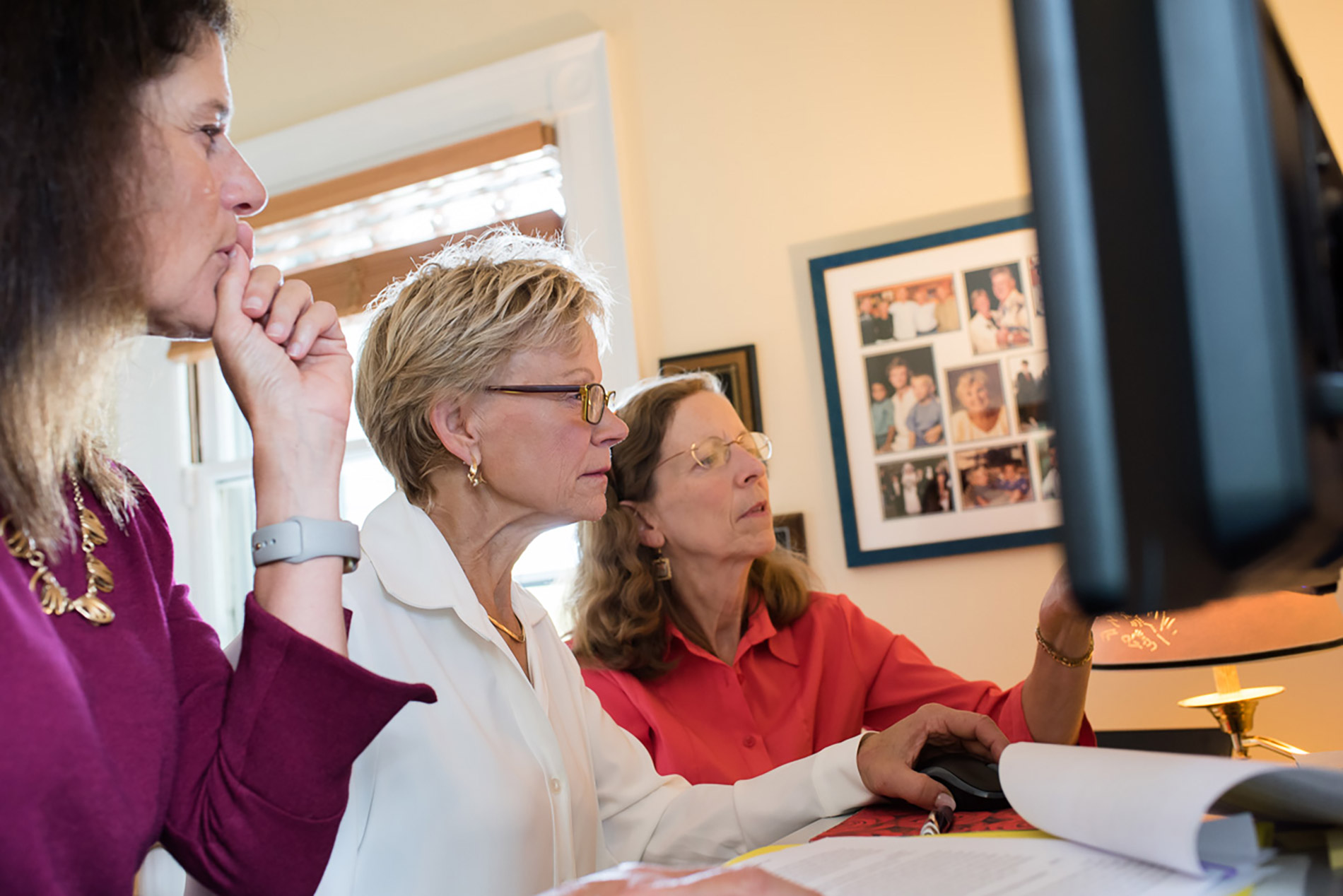Does My Mother Need a Guardian?
By Honorable Susan Fowler
If we live long enough, most of us will have personal experience with the loss of competence of a family member. These situations can be extremely stressful, and are often enough to push sane and happy families nto a state of agitation and dysfunction.
For those fortunate enough to have good counsel and wise estate planning, the difficult topic of diminished capacity is broached and discussed while family members are fully competent and can contribute in a meaningful way to the discussion and in the choice of a responsible agent. Sadly, those who take no action until a family member can no longer manage his or her affairs independently, often find themselves in court seeking the appointment of a legal guardian to assume management of a loved one’s personal and/or financial affairs. Disagreements among family members regarding the need for a guardian and the most appropriate person to serve in that role are as common as a cloudy day in Vermont. As probate judge in Chittenden County for 21 plus years, I can attest to the stress and anxiety these cases can generate even in the most gentle and cooperative of groups.
There are two types of guardianships in Vermont, voluntary and involuntary. In a voluntary guardianship, the principal files a petition with the court for appointment of someone she chooses to serve as her legal guardian with the powers she wants them to have, including medical, legal, financial, or general supervision. She appears in court so the judge can be assured that she understands the proceeding and is making her choices voluntarily, and following completion of legally required background checks, a guardian is appointed. This approach is often selected when a person (I use the female gender here for convenience) receives a medical diagnosis which she believes will lead to eventual incapacity and she proactively seeks to put her affairs in order before that unfortunate future is upon her in earnest. The guardian may remain in the background for years while the principal continues to manage her own affairs, gradually assuming increased responsibility as the need arises.
A voluntary guardianship may be terminated at any time, and the guardian may be changed at discretion of the principal. Annual financial accountings are generally required by the court but can be waived by the person under guardianship with the court’s approval. Voluntary guardianships are the preferred way to go, if a guardianship is necessary, because the principal has recognized the need for assistance and is choosing her own guardian, thereby avoiding bitter arguments that frequently arise over who should be trusted with control of the assets and other important matters, such as place of residence and the level of care required.
In an involuntary guardianship proceeding, someone other than the principal petitions the court for appointment of a guardian, usually because the principal is no longer able to manage her own affairs and is unwilling or unable to petition the court personally. The court will ultimately determine whether the subject of the petition requires the assistance of a guardian, but the process is frequently complicated and can be costly, personally and financially. The court will appoint legal counsel for the subject of the petition and a full competence evaluation will be ordered by the court. Following completion of the report, a hearing will be scheduled in which the parties may present evidence in support of or in opposition to the guardianship and in support of or in opposition to the person designated as proposed guardian. Legal counsel and the evaluation can be expensive, and the expense is borne by the estate of the person who is the subject of the petition, even if she opposes the petition, unless the court finds good cause to make someone else responsible for those payments. Many a family has been brought to angry confrontation in hearings of this nature.
In a Durable Power of Attorney, the principal designates a trustworthy person as her agent to manage her financial or other affairs in the event of her incapacity. Unless a specific court action is initiated, there is generally no court oversight of the actions of the agent (hence the need for a trustworthy person). Paperwork is prepared and signed outside of court, and powers given to the agent are those specifically set forth in the document. If a Trust is chosen, the well-guided principal designates a disinterested, professional trustee, who will preserve and protect her assets and can also handle other aspects of her life that will become difficult in the event of incapacity, including payment of bills and arranging for necessary services; such as setting up and overseeing a residential placement. A Trust has the added benefit of avoiding the expense and delay of probate when death eventually arrives, and it ensures the ultimate distribution of assets desired by the principal without involvement of the court or schools of attorneys.
Despite recent advancements, death and taxes remain inescapable. Those seeking to shelter their loved ones from conflict and anxiety in the future might therefore consider taking a hard look down the road and begin taking steps to ensure the future they would like to see.
